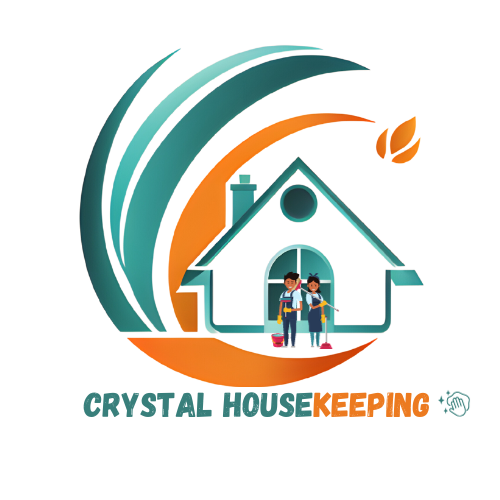The Benefits of Housekeeping for People with Disabilities: Improved Independence and Comfort
For individuals with disabilities, maintaining a clean and organized living space is not only important for their physical and mental well-being, but also for their independence and comfort. Housekeeping, in particular, can have a significant impact on the daily lives of people with disabilities, enabling them to live more autonomously and confidently.
Improved Independence
Housekeeping can be a significant challenge for individuals with disabilities, particularly those with mobility or dexterity impairments. Everyday tasks such as cleaning, laundry, and meal preparation can be daunting and exhausting, leading to feelings of frustration and dependence on others. By having a clean and organized living space, individuals with disabilities can feel more in control of their environment and more confident in their ability to manage their daily lives.
Housekeeping can also enable individuals with disabilities to live independently, free from the burden of constant assistance from others. For example, a person with a mobility impairment may be able to live independently if they have a clean and organized home, allowing them to focus on other aspects of their life.
Comfort and Well-being
A clean and organized living space is not only important for independence, but also for comfort and well-being. Clutter and mess can contribute to feelings of anxiety and stress, while a clean and organized environment can promote feelings of calm and relaxation.
For individuals with disabilities, a clean and organized living space can also have a significant impact on their physical and mental health. For example, individuals with respiratory impairments may benefit from a clean and dust-free environment, while those with anxiety or depression may find comfort in a clutter-free space.
Assistive Technology and Resources
Fortunately, there are many assistive technologies and resources available to help individuals with disabilities maintain a clean and organized living space. These may include:
- Adaptive cleaning tools, such as grip-enhancing handles or lightweight vacuum cleaners
- Smart home devices, such as voice-controlled thermostats or lights
- Cleaning services, such as weekly or bi-weekly cleaning appointments
- Personal care assistants, who can provide support with daily living tasks
Conclusion
Housekeeping is an essential aspect of daily life, and individuals with disabilities are no exception. By having a clean and organized living space, individuals with disabilities can experience improved independence, comfort, and well-being. With the aid of assistive technologies and resources, individuals with disabilities can maintain a clean and organized home, promoting a sense of control and autonomy in their daily lives.
In conclusion, the benefits of housekeeping for people with disabilities are numerous and significant. By prioritizing cleanliness and organization, individuals with disabilities can experience improved independence, comfort, and well-being, enabling them to live more confidently and autonomously.
